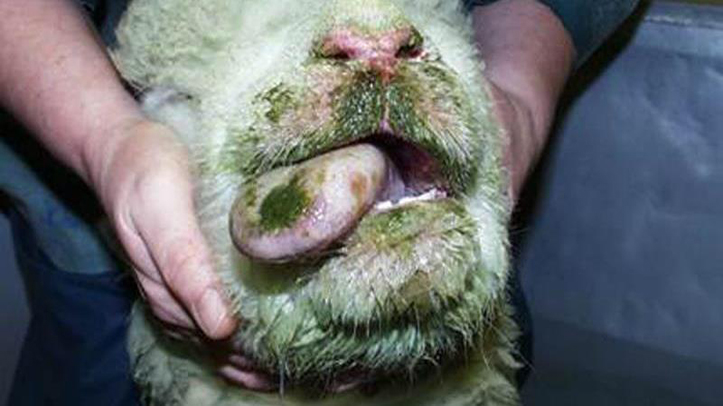The National Sheep Association (NSA) is reminding the farming community of the importance of looking out for fellow farming friends and family this January as the start of the year has presented several challenges to the industry.
Concerns from bluetongue (BTV) and Schmallenberg viruses (SBV), and weather challenges including flooding and most recently snow in areas of the UK, will have caused for some a difficult few weeks.
NSA chief executive Phil Stocker said: “NSA recognises that in particular ongoing concerns regarding two impactful and devastating diseases are cause for worry amongst sheep farmers in several parts of the country.
“Bluetongue was grabbing most of the headlines at end of 2023, being seen as a big risk for the future but seemingly out of nowhere came SBV affecting an increasing number of sheep farms across many English regions. NSA has heard from technicians involved in taking semen and embryos for export, scanners, early lambers, and the Animal and Plant Health Agency (APHA), that SBV cases are quite serious with scanners reporting numbers of dead lambs and early lambers saying they are losing between 10-25% of lambs in some cases.”
At a time when some farmers already feel under pressure, NSA is urging the farming community to offer support where possible to those currently dealing with distressing cases of SBV or bluetongue amongst their flocks.
NSA communications manager Katie James added: “There has been few times in recent years where the sector has faced such a worrying time concerning animal disease and so it is especially important to check in with those close to you who may be potentially affected.
“The farming community is also in a fortunate position to be supported so well by a number of fantastic charities who can offer specialised help with both personal issues and those on farm if needed. NSA would encourage anyone struggling at this time to reach out to one of these and not to suffer alone.”
Positive BTV strain 3 cases continue to be found in and around the control zones in Kent and Norfolk and the total number of positive cases this week now stands at 52 positive animals, four of which are sheep and 48 of which are cattle.


